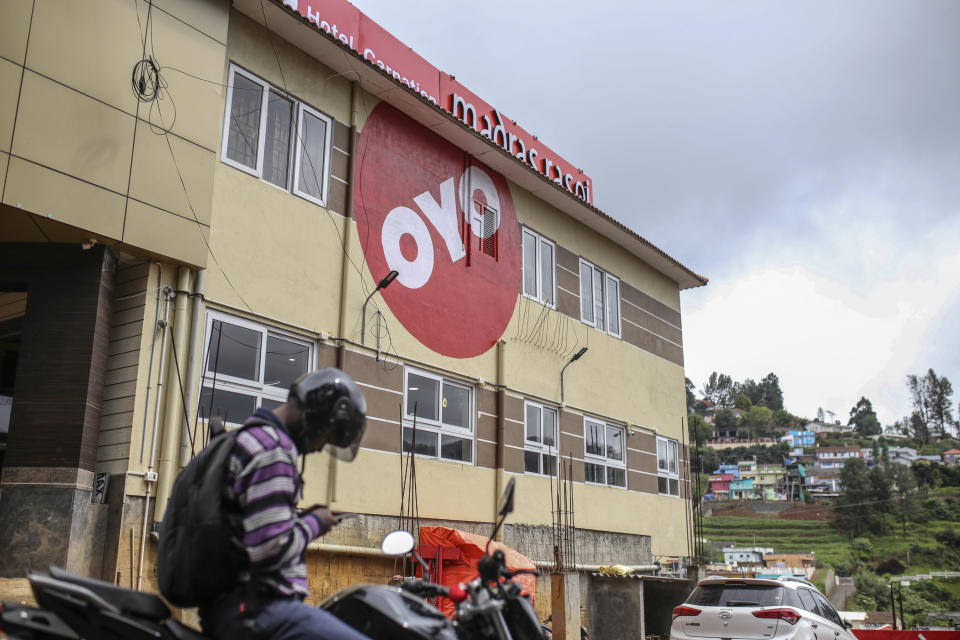Oyo, once valued at $10 billion, shelves IPO plans for second time

Oyo, the once high-flying Indian budget hotel chain, has withdrawn its IPO application from the Securities and Exchange Board of India (SEBI) for the second time in a fresh blow to its already diminished ambitions.
The Gurugram-headquartered startup, which at its peak commanded a valuation of $10 billion, pulled the plug on its IPO plans on May 17, according to a disclosure on the regulator's website. Oyo had initially filed paperwork with SEBI in 2021 for a public listing but withdrew it and refiled in 2023.
SEBI has yet to approve either of Oyo's applications, which raises questions about the startup's readiness to face public scrutiny. Oyo has been scrambling to secure a new round of funding at a valuation of $3 billion or less, TechCrunch reported earlier this month. The company had denied that it was raising capital at that valuation.
However, Oyo is now attempting to raise money at a valuation as low as $2 billion to $2.3 billion, a source familiar with the matter told TechCrunch. It has raised more than $3 billion in equity and debt to date.
Oyo, backed by SoftBank, Peak XV, Lightspeed, Airbnb and Microsoft, was once hailed as a disruptor in the budget hotel industry. But in recent years, the startup has been criticized for its business practices, and in 2020 even laid off thousands of employees to cut costs.

 Yahoo Finance
Yahoo Finance 